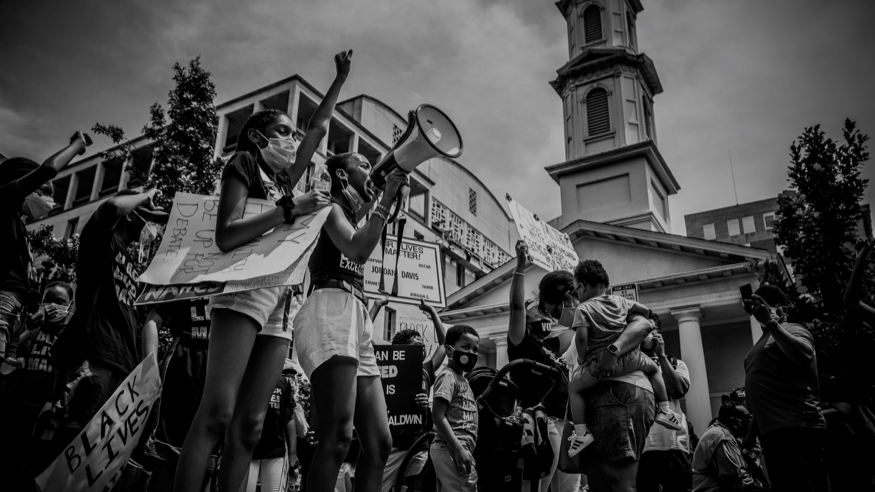
It’s bad to be Black in Desi culture.
Hasan Minhaj described it best. We shy away from the awkward discussions at the dinner table, let the racist comments slide, because, what do our parents know? British colonization (which ceased in India as late as 1947) had adverse effects on our parent’s values and biases. They grew up surrounded by Fair and Lovely ads, taunted by their classmates and parents for being “kala” (which means dark, or black in Hindi and carries a negative connotation), and exposed to these notions of anti-Blackness subtly throughout their lives. It only makes sense that once they immigrated, they translated these biases into American society. These stereotypes were reinforced by the de-facto racism that plagues our social and political institutions and the harmful rhetoric that our leaders spew, brushing the notion of white privilege under the rug.
Spending all of my formative years in Staten Island, New York, sheltered in the most-suburban and least-diverse borough of New York City, I easily internalized the casual racism and the “model minority” myth touted around my community. My parents instilled in me the drive that us first-generation Indian kids know too well. Anyone can work hard, get into the best-gifted programs and magnet schools, get the highest scores on all standardized tests, and eventually, get into the college of their dreams. So when I began attending a magnet school in Coney Island, Brooklyn, I was armed with the notion that everyone had an equal means of succeeding if they worked hard enough. Attending this school, however, came with an unintended side effect- for the first time in my life, I was exposed to children of all races and socioeconomic backgrounds. I went to school with the children of Academy Award winners, Ivy League legacies, and, alternatively, low-income students with drug-addicted and absent parents. Interacting with my peers helped me discern the intersectionality of race and socioeconomic status- it just so happened that the majority of the low-income students were people of color. It enabled my understanding that only a few years into their schooling, these students were already at a significant disadvantage compared to their privileged peers. But it was not until I took AP United States History my junior year of high school, however, that I could pinpoint the institutionalized racism in America, and the ripple-effect of longstanding policies that allow it to proliferate and adversely affect our Black community. It took an optional Advanced Placement class for me to recognize the significant whitewashing of our history curriculums, and the Eurocentric ideals that govern our social norms and beliefs, the effect of which has not been lost on the Asian community.
As Asian students, we proudly tout this “model minority” narrative, in which our immigrant parents have excelled as business leaders, innovators, and pillars of American society. We buy into this myth that we made it because we did the hard work, the work that our fellow Black Americans are too “lazy” for. We are so quick to ally ourselves with conservative groups intent on ripping apart affirmative action admissions processes, despite the fact that our minority is overrepresented at these leading academic institutions, and have minimal barriers to entry compared to our Black peers. What we fail to recognize, however, is that our families could only immigrate to this country subsequent to the Civil Rights movement, through the Immigration and Nationality Act of 1965, which increased Asian immigration by five times. We turn a blind eye to the fact that our success in America has been directly contingent upon the bravery and struggle of the Black community throughout the 60s. We buy into this divide and blissfully ignore our privilege as non-Black people of color. And now, our silence is deafening. How is it that we proudly support examples of Black excellence such as the Obamas, rappers, and NFL and NBA athletes but remain silent as our Black brothers and sisters are ruthlessly murdered in our communities by the very force that has sworn to protect them? How is it that we ingratiate Black culture into our own through the likes of Nav and Drake, but are hesitant to step forward and speak up against the injustices and casual racism that persist in our Desi communities? How is it that we have normalized our silence on these issues, simply because they don’t affect us?
A lot of us, as first and second-generation immigrants have the privilege of handpicking the elements of our culture that we identify with. And for us, racism and the model minority myth will not be one of them. Educate yourself, it is not the burden of Black people to educate you. Have those tough conversations at the dinner table. Share Black stories. Uplift Black voices. Utilize your privilege and platform to support the people and culture we revere so deeply. For our Black communities, this is more than just an Instagram trend. It’s reality.
Educational Resources
- To Watch:
- Stream “Views for a Vision” to donate money to BLM
- When They See Us
- 13th
- Dear White People
- Who Killed Malcolm X?
- All Day And A Night
- To Read:
- Stay Woke: A People’s Guide to Making Black Lives Matter, by Tehama Lopez Bunyasi and Candis Watts Smith
- No More Heroes: Grassroots Challenges to the Savior Mentality, by Jordan Flaherty
- I’m Still Here: Black Dignity in a World Made for Whiteness, by Austin Channing Brown
- Stamped from the Beginning, by Ibram X. Kendi
- This Book is Antiracist: 20 Lessons on how to Wake Up, Take Action and Do the Work, by Tiffany Jewell
- To Donate:
- Black Lives Matter: funding the BLM movement
- Innocence Project: Non-profit dedicated to overturning wrongful convictions and bring reform to the justice system
- National Bail Out: Black-led and Black-centered organization aiming to create a national community of leaders who have experienced incarceration
- Black Visions Collective: Minnesota-based Black, trans, and queer-led organization committed to dismantling systems of oppression and violence
- NAACP Legal Defense and Education Fund: Nationwide organization that fights for racial justice and investigates police-involved murder
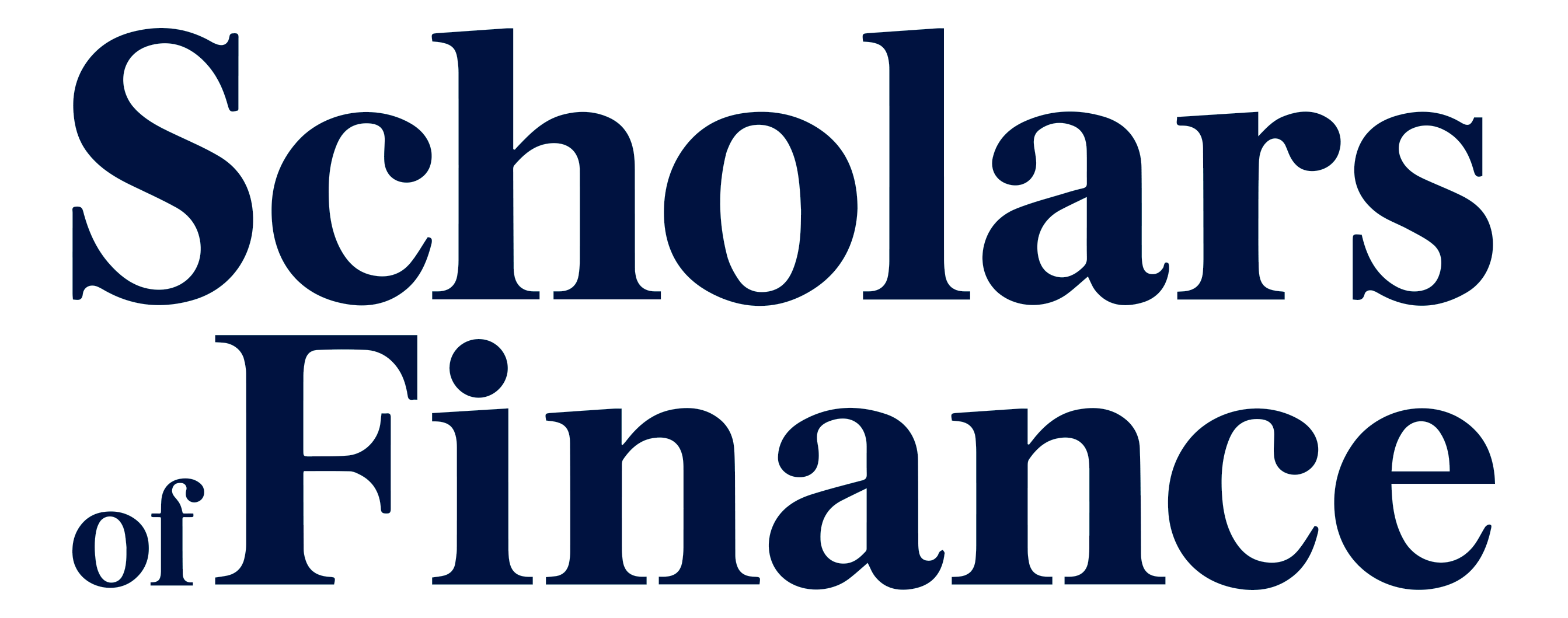



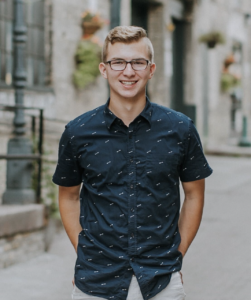



 “Um… I-” I stuttered as my interviewer raised his eyebrow at me. I felt the heat rising to my face slowly until words clumsily stumbled out of my mouth, barely coherent. It was transparent to the four upperclassmen in the room grilling me that I was grossly underprepared. The next hour crept by, each question stinging me harder than the latter. My lack of knowledge was apparent. Finally, the hour was up, my torture was over. I gathered my resume and stumbled out of the room, frustrated. It was the first month of business school and I was already struggling.
“Um… I-” I stuttered as my interviewer raised his eyebrow at me. I felt the heat rising to my face slowly until words clumsily stumbled out of my mouth, barely coherent. It was transparent to the four upperclassmen in the room grilling me that I was grossly underprepared. The next hour crept by, each question stinging me harder than the latter. My lack of knowledge was apparent. Finally, the hour was up, my torture was over. I gathered my resume and stumbled out of the room, frustrated. It was the first month of business school and I was already struggling.


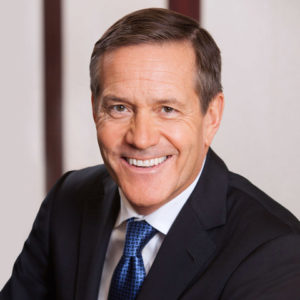

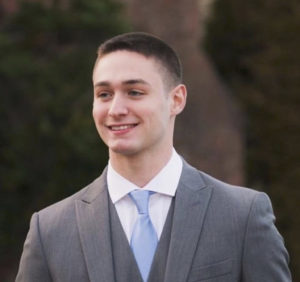 Lately, I’ve been thinking a lot about the world as a singular, integrated entity—one free of borders, restrictions, or individual nations. Rather, a massive unit of free-flowing thought, boundless inspiration, and limitless ideas. With our current circumstances, how could I not? No matter which corner of the Earth you hail from, you are likely to be one of
Lately, I’ve been thinking a lot about the world as a singular, integrated entity—one free of borders, restrictions, or individual nations. Rather, a massive unit of free-flowing thought, boundless inspiration, and limitless ideas. With our current circumstances, how could I not? No matter which corner of the Earth you hail from, you are likely to be one of 
Recent Comments